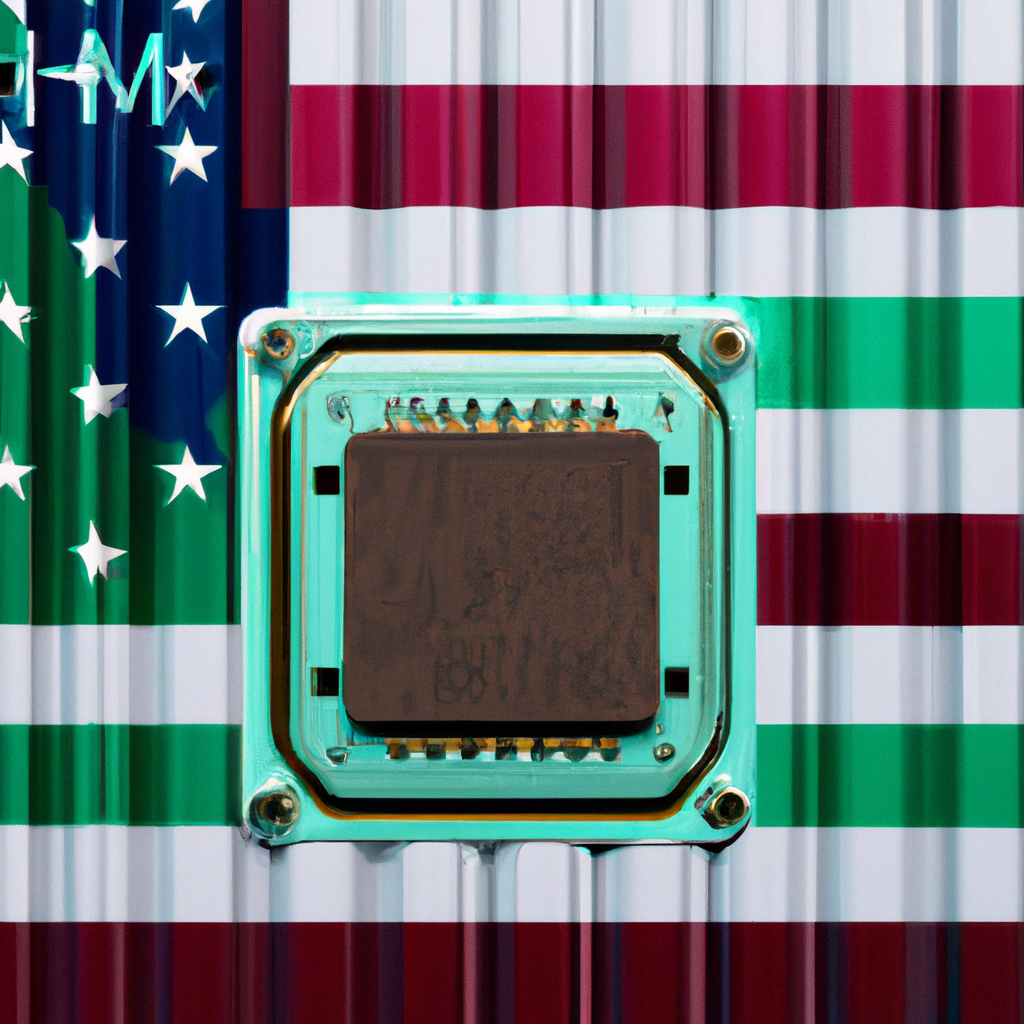For years, the U.S. has used its trading powers to restrict shipments of advanced chipmaking tech to China, but it may soon consider stricter trade rules if allies continue selling such technology to China.
The Biden administration is reportedly contemplating implementing an export control known as the foreign direct product rule, which would affect companies like Japan’s Tokyo Electron and Dutch chip machine maker ASML, according to Bloomberg, which cited unnamed sources familiar with the matter. This rule prevents the export of any goods to any country if they contain a certain percentage of U.S. intellectual property components.
The administration is said to be informing officials in Tokyo and The Hague about its considerations, urging Japan and the Netherlands to tighten their export controls against China. Notably, almost half of ASML’s revenue in the second quarter came from sales to China, Bloomberg reported. ASML is the sole global manufacturer of the equipment required for advanced chip manufacturing.
However, U.S. allies seem reluctant to impose restrictions ahead of the upcoming U.S. presidential election, and American companies feel unfairly burdened by these export controls, Bloomberg noted. Some U.S. companies, including chip equipment makers Applied Materials and Lam Research, have reportedly informed U.S. officials that current trade restrictions are damaging their businesses and are not effectively curbing China’s progress. The chip industry has instead proposed that the U.S. broaden the criteria for its unverified list, which mandates companies to obtain licenses to sell restricted items.
Global chip stocks fell on Wednesday morning following news of the Biden administration’s possible enactment of the FDPR and comments by former President Donald Trump on Taiwan. ASML’s shares listed in the Netherlands dropped by around 10%, while Tokyo Electron’s shares fell by nearly 7.5% by market close in Japan. TSMC’s Taiwan-listed shares declined by 2.4% by market close. Meanwhile, during pre-market trading, U.S.-based Nvidia’s shares decreased by 4%, and Applied Materials’ shares dropped by 5.24%. Nvidia’s and Applied Materials’ shares further declined during morning trading, down 5.9% and 7.3%, respectively.
